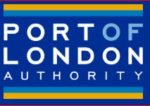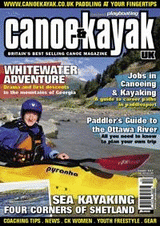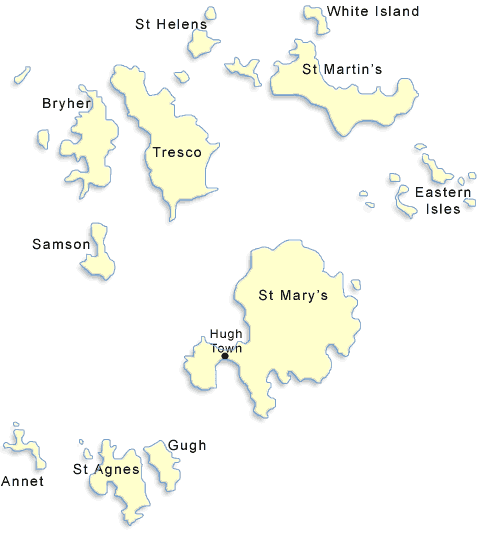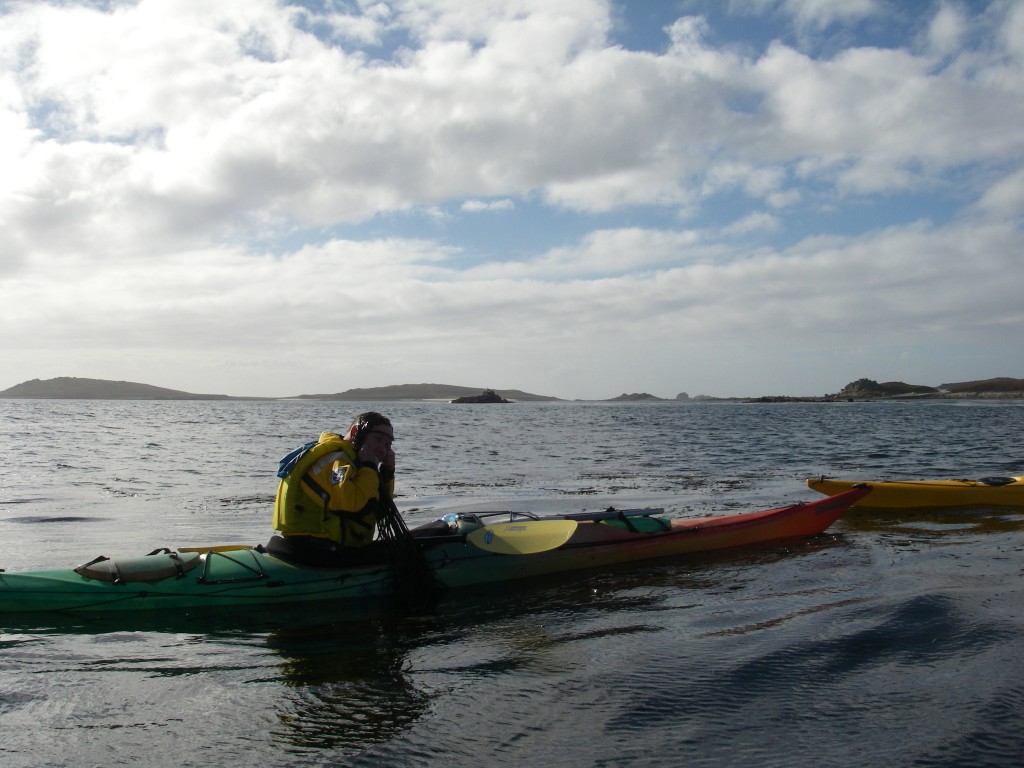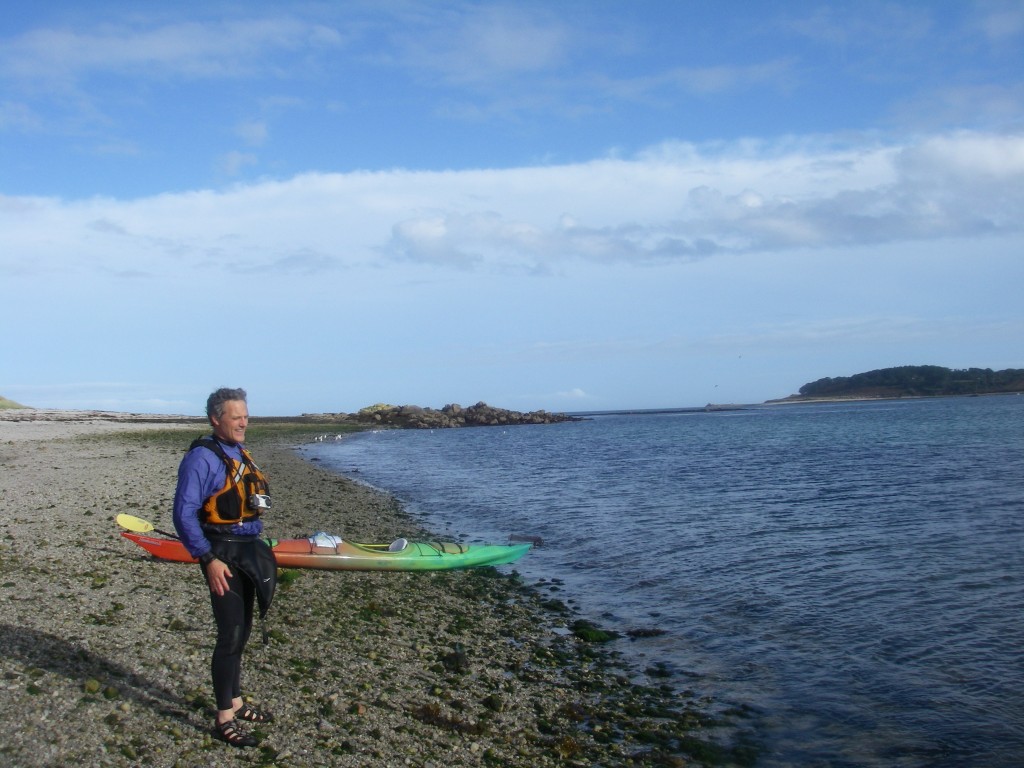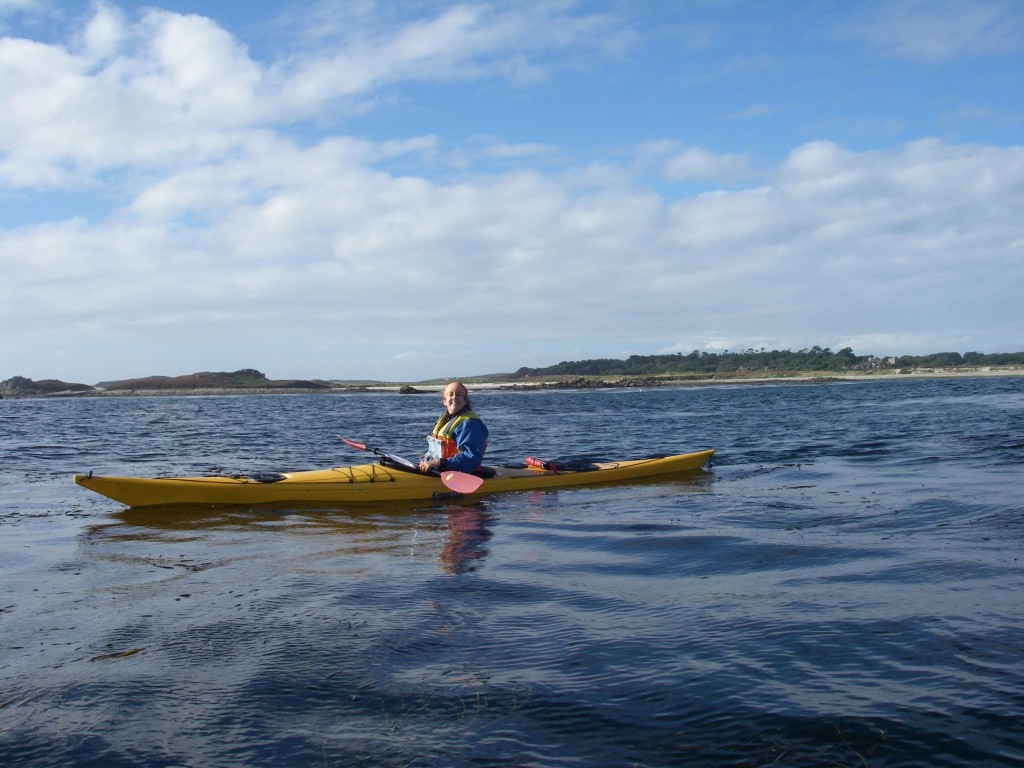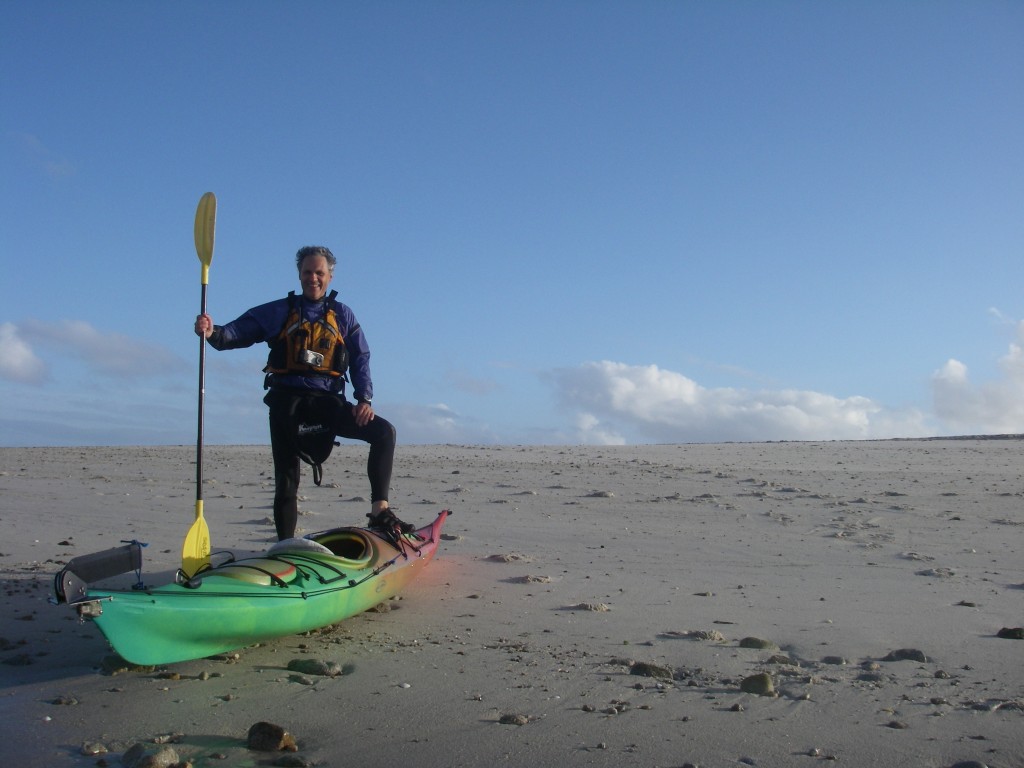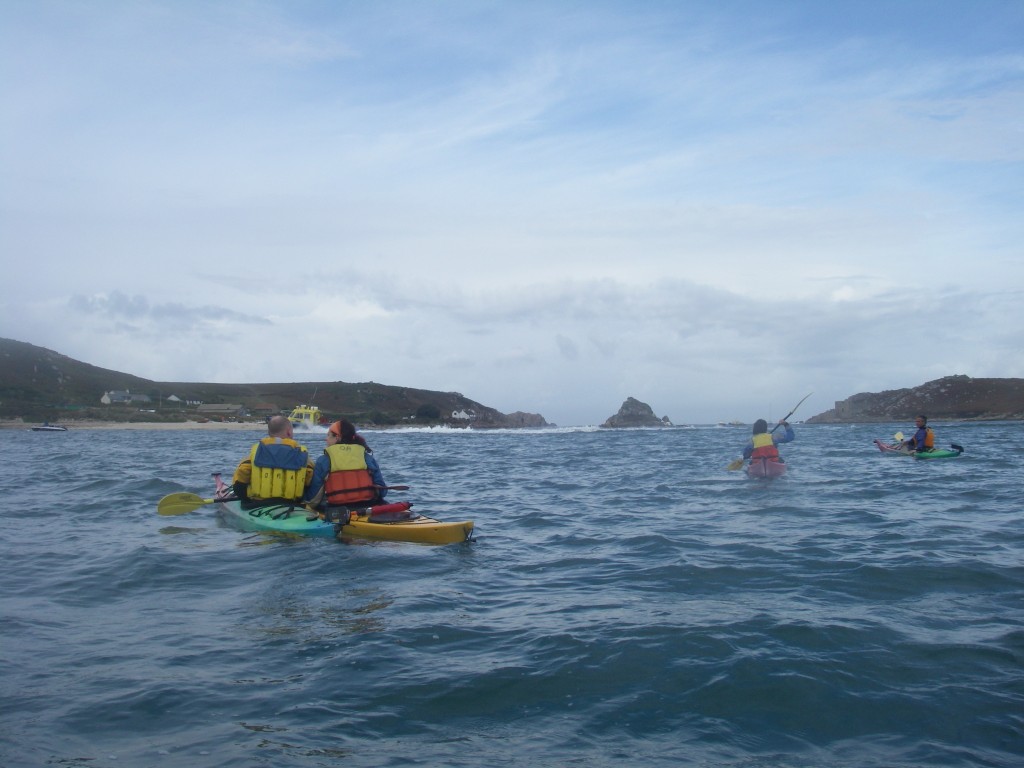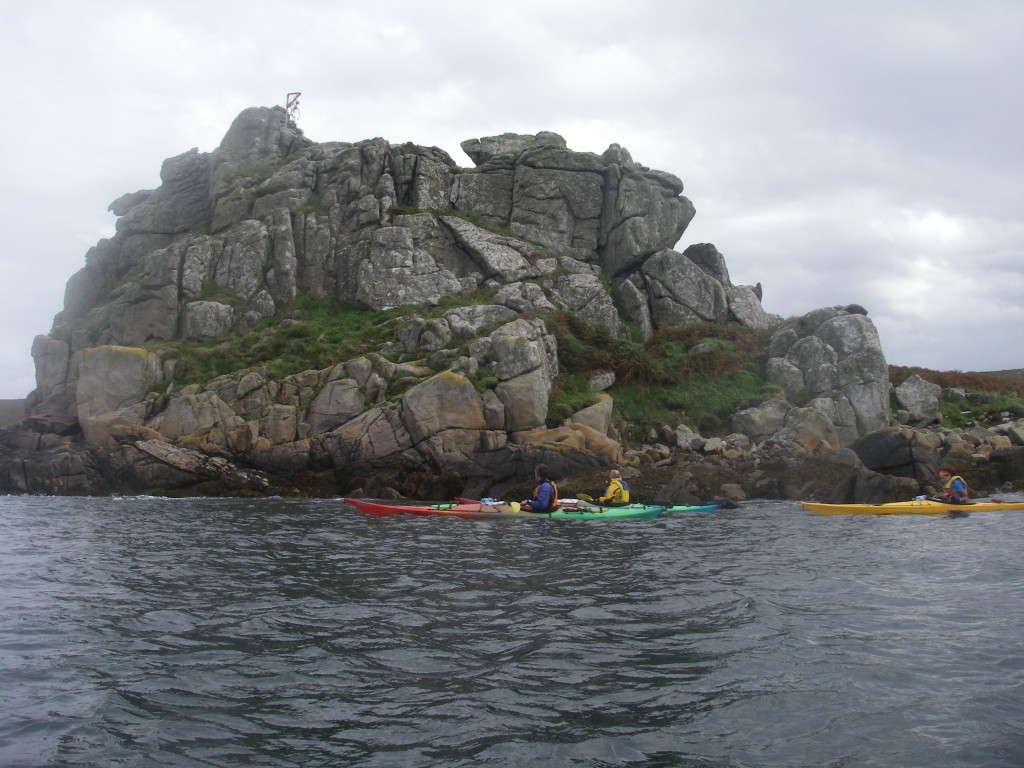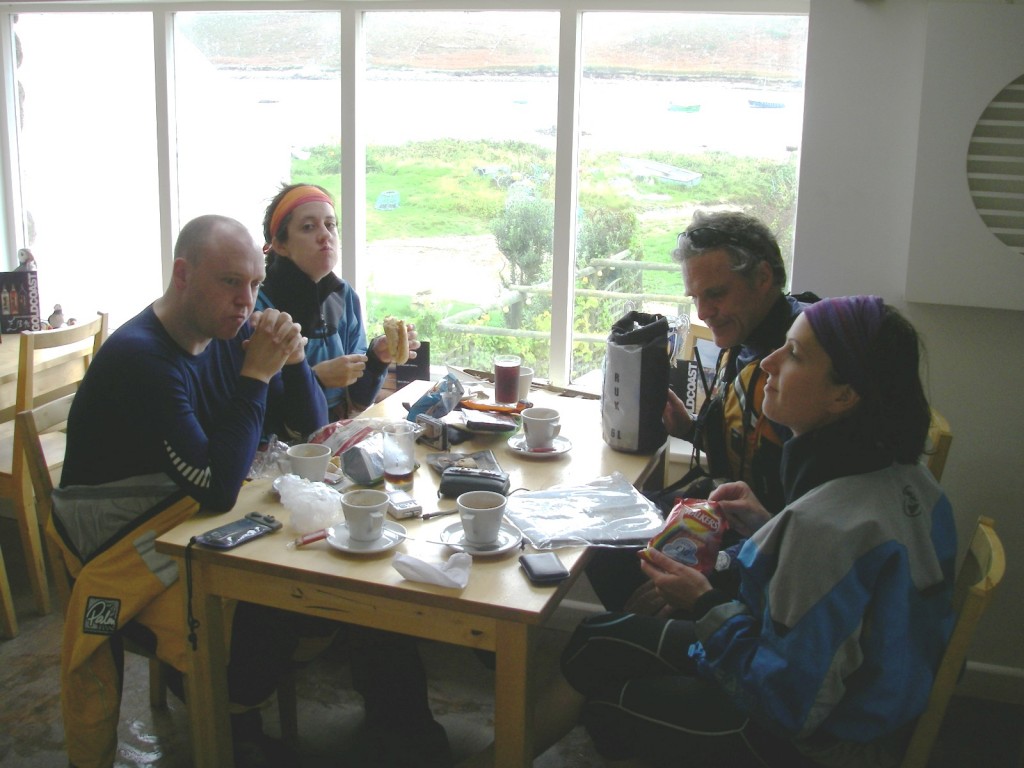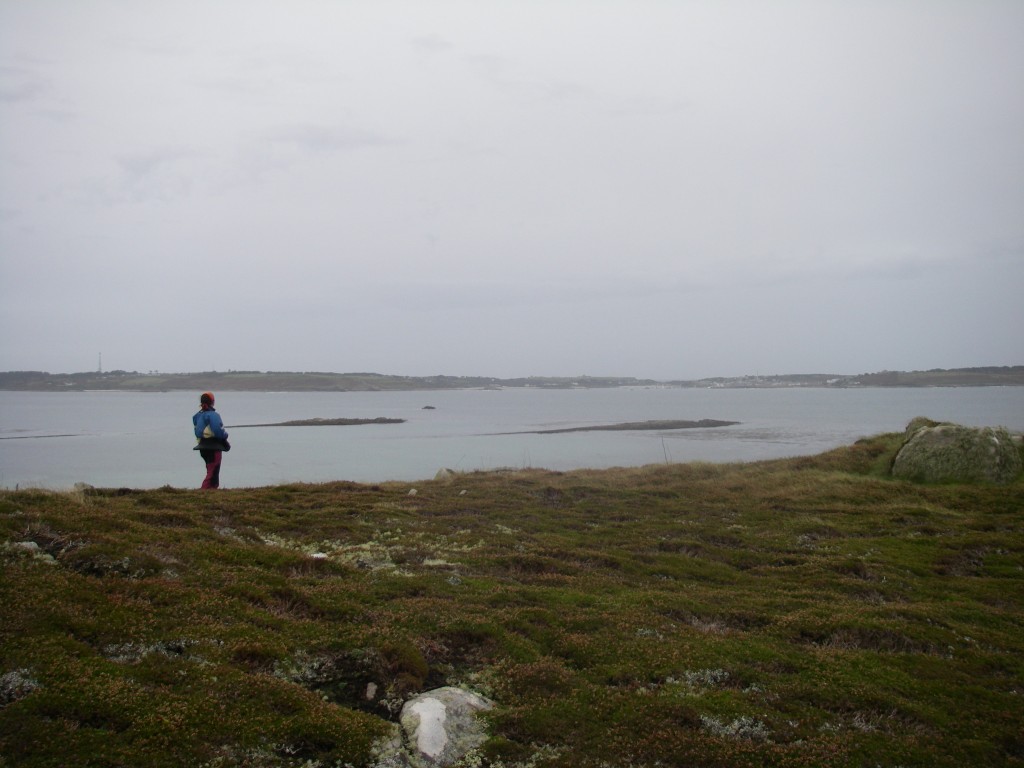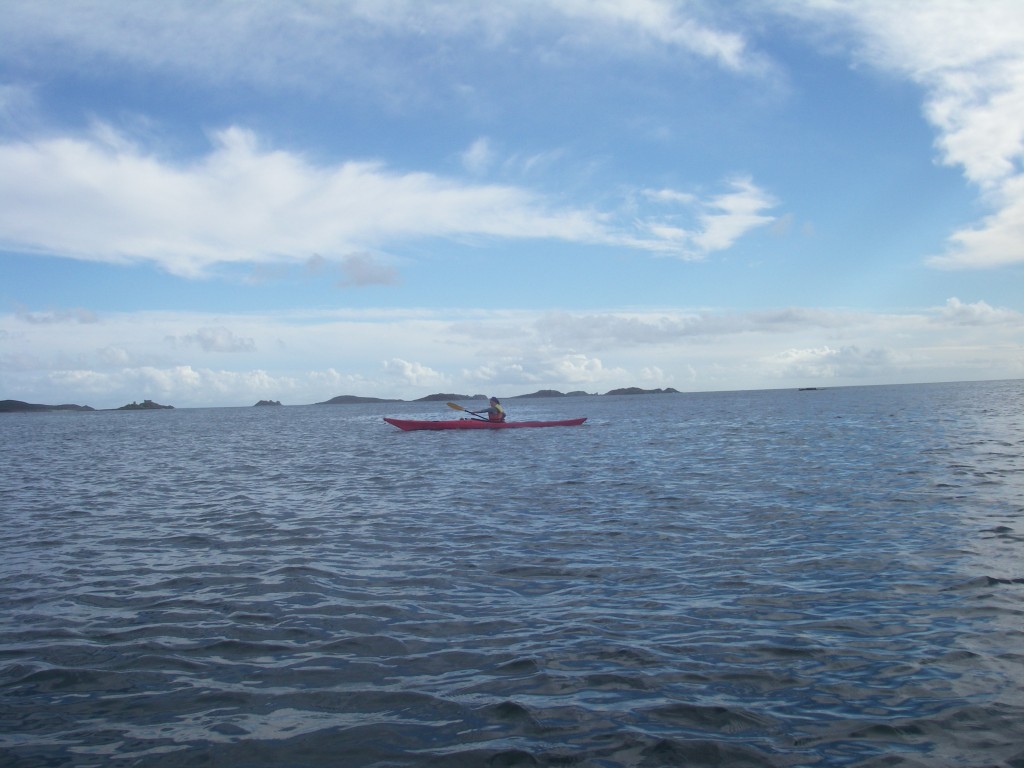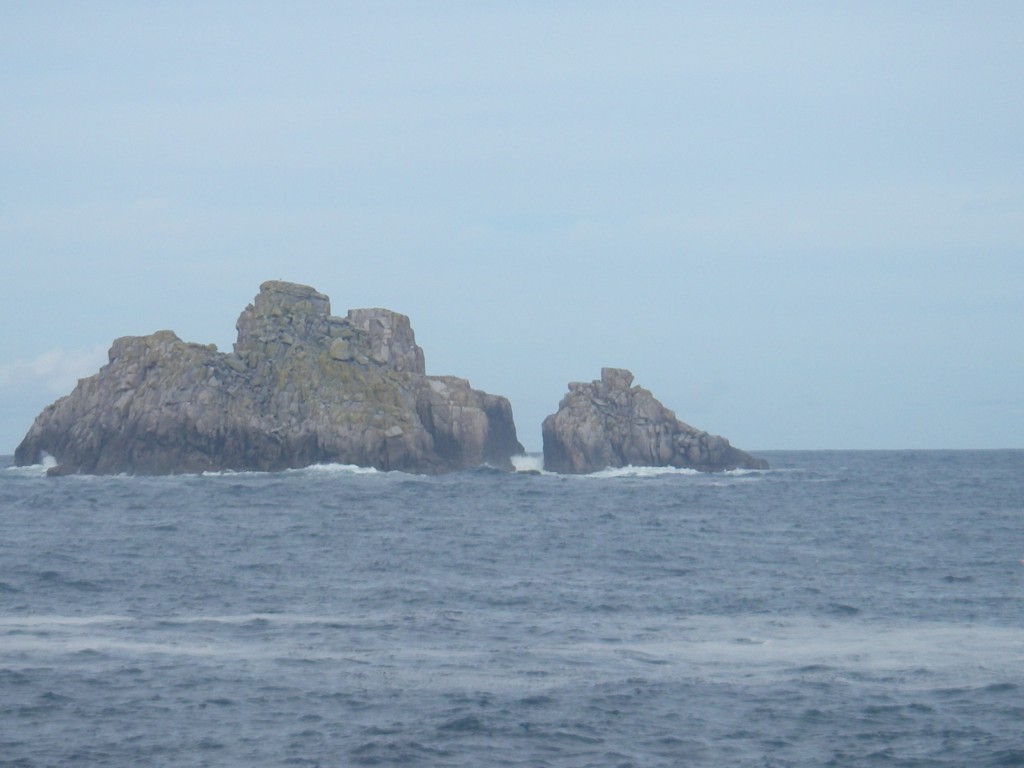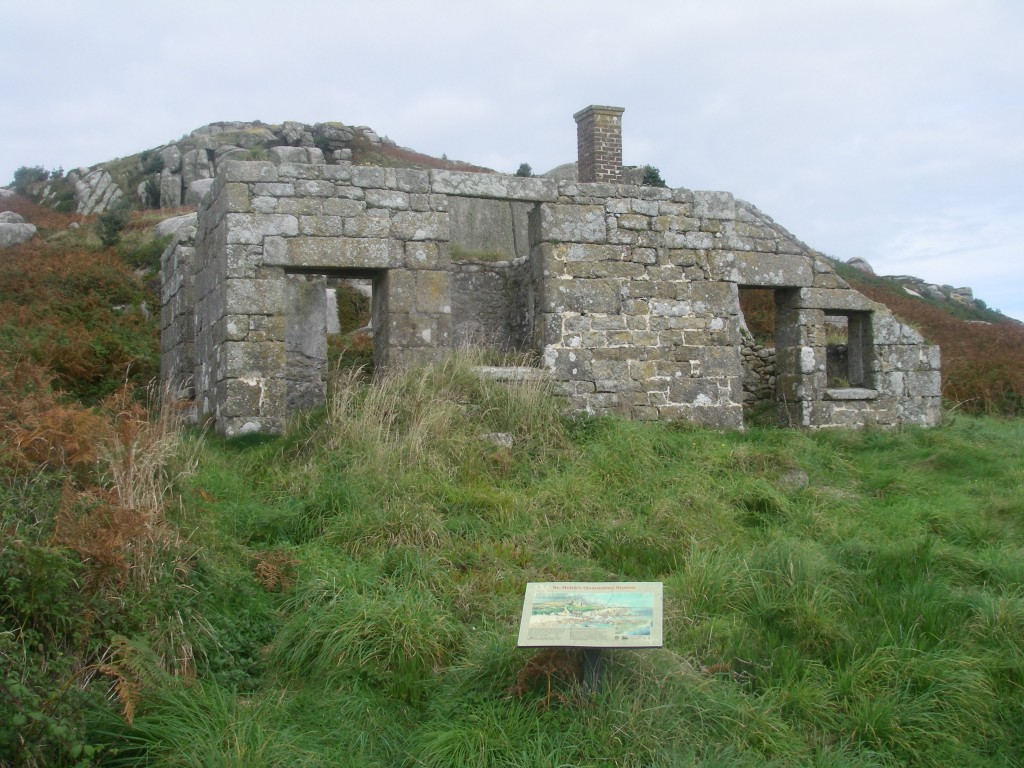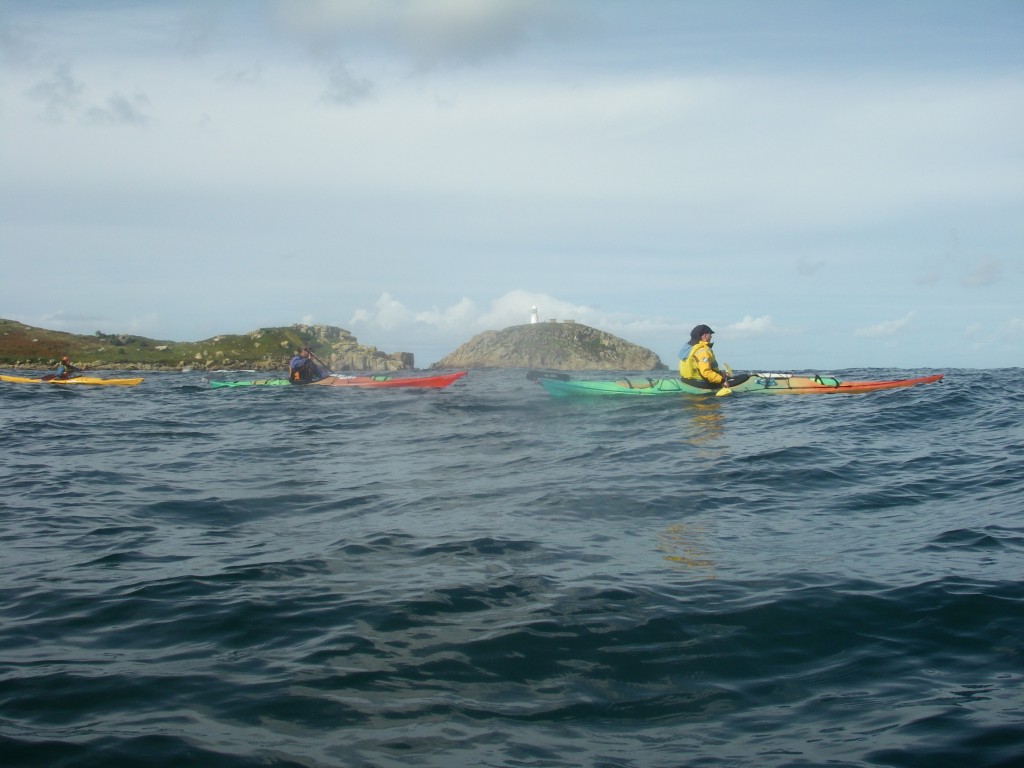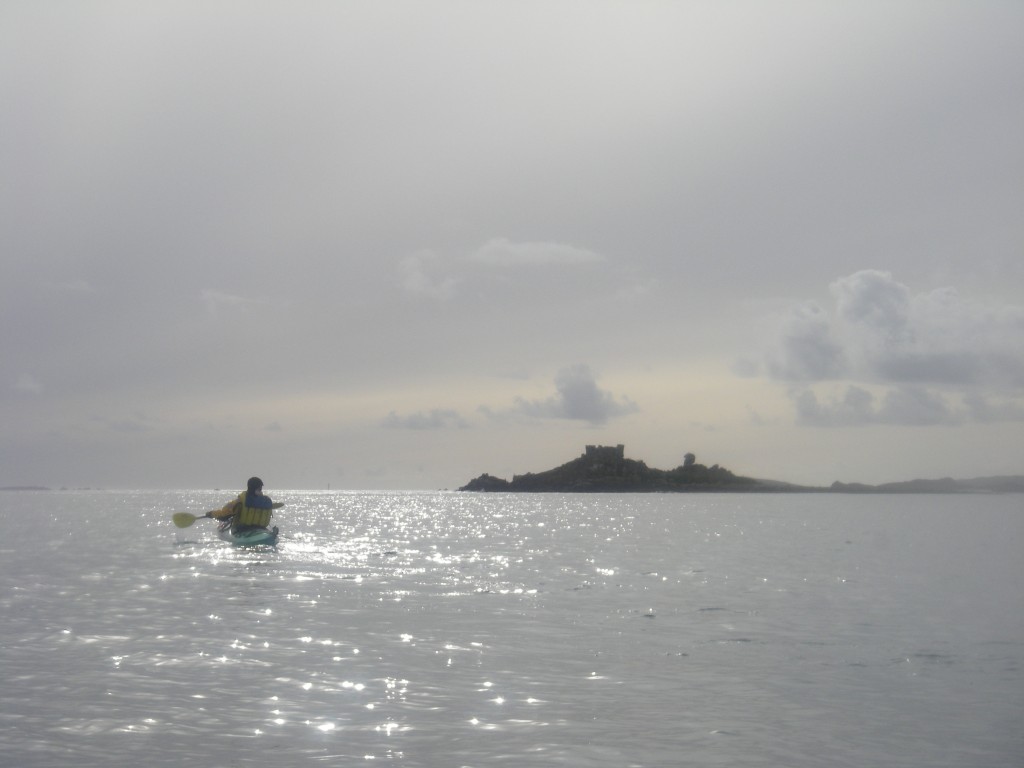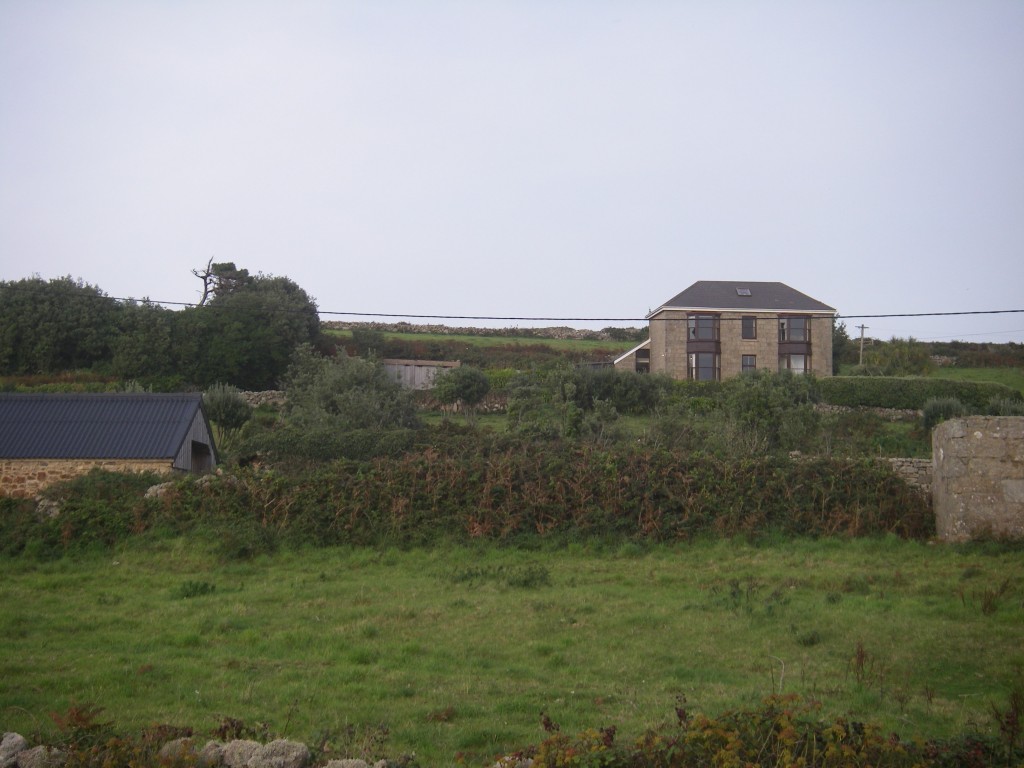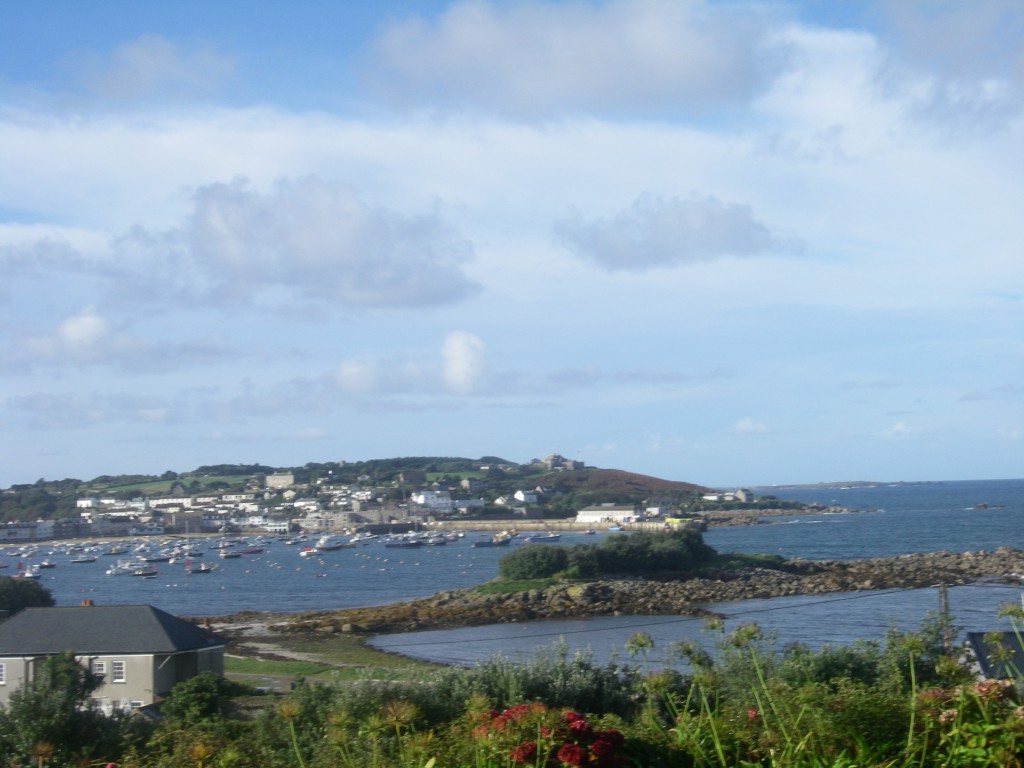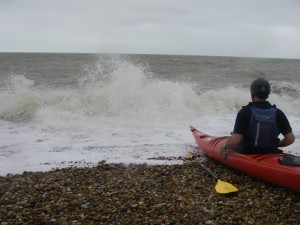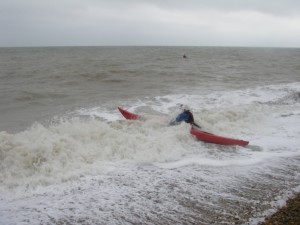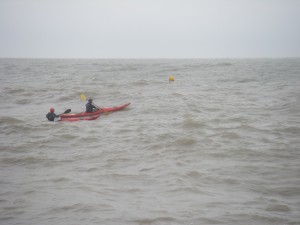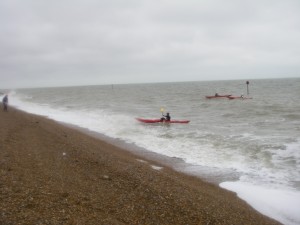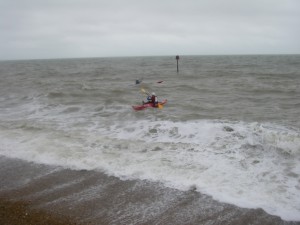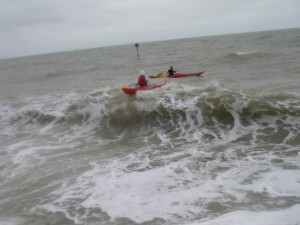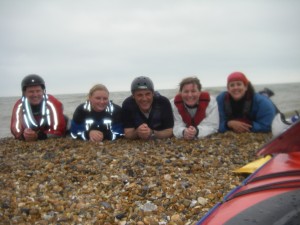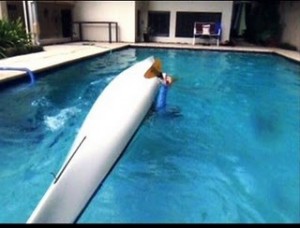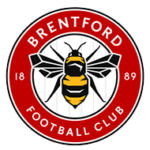At the end of August, 10 members of CKC returned from Sweden, after an uplifting week of wild camping and paddling the Bohuslän archipelago, a group of islands dotted along the West Coast of Sweden.
These days, the area is full of yachters, motorboaters and others with holiday homes who flock to the area in the warmer months, but Bohuslän coast settlements first flourished in the 18th century, with commercial herring fishing. The area was mainly forest until the herring boom led to a major requirement for timber. Now, boating and swimming draw people to the islands, and in the summer, the population of this rugged, beautiful landscape doubles.
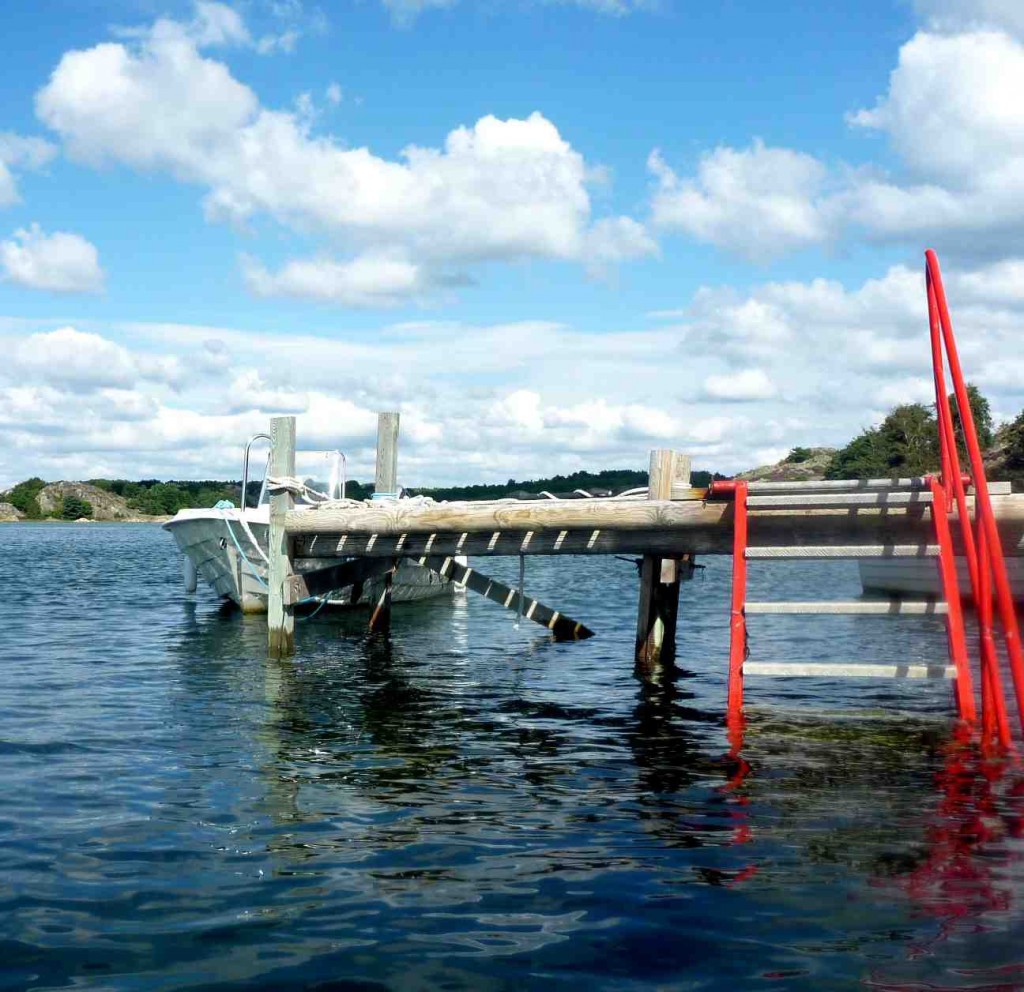
The group of islands we toured was between Uddevalla and Rönnäng, West of the larger islands of of Tjörn and Orust. We landed in Göteborg late on Saturday night, and had Sunday to lie in, shop for provisions for our 7 days of wild camping, and make our way to Uddevalla. The hotel in Uddevalla was perfect: Nice bright rooms with comfy beds and plenty of floor space for laying out and packing supplies from the nearby supermarket. Also a swimming pool, steam room and gym. Most of us bought far too much food. eg our 7 days’ worth of water for two people – totally unnecessary, as although the camping would be wild, we would not be totally devoid of human contact. Or shops. The rest of the group, out for dinner that evening, found this quite amusing as they passed us lugging our 18L across the car park to the hotel, but were even more amused when they realised our second mistake – assuming that as the label said “Naturel” it would not be fizzy. Incorrect.
monday
Wind: ENE 16kn, Gusting 24 kn
Outlook: Overcast, Intermittent light rain
Temp: 170C
Distance: 14 km
Sea State: 2
Resisting the temptation to pour another cup of coffee, settle in for the morning, and give the lavish hotel breakfast the attention it deserved, we heaved ourselves up, crammed kit into drybags and headed down the road to Gustavsberg. Upplevelsebolaget Kayak Centre, situated on the bank of Byfjorden, was slick, welcoming, and smelled of freshly varnished wood. Oskar and his colleague greeted us, showed us round the centre and its shiny shop (mmm, lots of drooling over yummy gear) and introduced us to our boats: 4 gleaming brand new Prijon Seayaks, comfy and fully kitted out with day hatches, rudder, painter, foot mats and all sorts; 1 Prijon Touryak; 1 Prijon Marlin; and 2 Prijon Kodiaks – roomy and stable but not sluggish by any means. All shiny and new. We also had the pleasure of the company of 2 Point 65s – one Crunch Rocker and one Sea Cruiser.
After delicious lattes, and herbal tea, the guys gave us a thorough briefing of the area, amenities, suggested route and flexible pick up options. In addition to our nautical chart and terrängkarten – the equivalent of OS maps – Oskar kindly lent us a couple of extra charts, so all of us could navigate for themselves and keep oriented. Also a free laminated guide each. Phil, leader for Monday, led a group briefing, then we loaded boats and lugged them down to the shore. We launched ourselves SW into Byfjorden, and headed out into the wind.
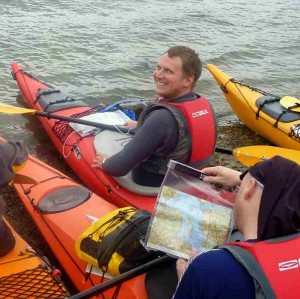
With the wind behind us we managed a brisk starting pace for the first leg of our expedition. This was a 7km paddle, sweeping down the first stretch of fjord, beneath the gigantic Uddevalla Bridge, through Sunninge Sund and out to the more open water of Havstensfjorden. Katie, Toons and I lingered over our first encounter with local wildlife, a plump beige sea bird called Marlene. She seemed to like us, even thought I couldn’t find her on my Swedish bird chart. Before crossing Havstensfjorden, we stopped for lunch on Korstensholmen. Huddled under a patch of trees, we ate our lunch, then had a squiz round the island – pretty interesting – anthill and a toilet. After a brief rest, we launched ourselves back out into Havstensfjorden and made our 5km crossing. From there it was a short paddle to the island of Vindön.
We rounded the North coast, passing beneath Vindön bridge, as the sun stole glances at us from behind the clouds, sparkling a path across the water through the grey. At 1630, we landed on the island of Tviklippan, our home for the first night. After putting up the tents, John and Theresa lost no time in jumping in the refreshing water, for the group’s second opportunity to commune with the local fauna – this time one of the ubiquitous, pretty, peach melba jellyfish, with burgundy swirls on her back and a sting in her tail…
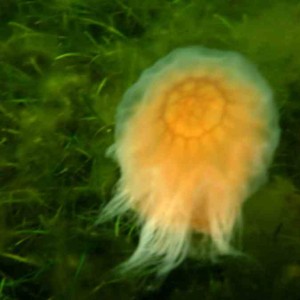
Andy had spent the last hour of our journey mussel-gathering, and Toons and Katie followed suite on arrival at the island. The cookup was grand – mussels in an onion and garlic sauce with tortellini. And a first for me – cooking wild food that I’d freshly caught. Tim celebrated with a quick vid. I felt a bit like Keith Floyd triumphantly describing the foraging process and the simplicity of the recipe, so dedicated the meal to his memory. Jacqui’s pine cones made for a roaring fire, and we assembled to ponder the day’s triumphs, but it was an early night for most.
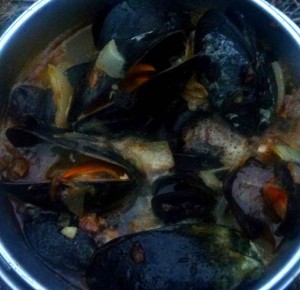
tuesday
Wind: ENE 15kn, Gusting 20 – 25 kn
Outlook: Fair
Temp: 18oC
Distance: 17 km
Sea State: 2
Jacqui led us out from Tviklippan at 1030. Navigating through shallow rocky channels between the islands South of Vindön, the scenery was ruggedand serene – more peaceful because of the inaccessibility to larger boats. Wild geese bobbed happily up and down on the water alongside, and 6 or 7km later, we saw seals just off the island of Hjältön. Their curiosity and Oskar’s tip of paddling backwards towards them meant that we managed to approach them really closely.We’d made excellent time getting to Hjältön, with the wind behind us, all the more speedy for our pioneering sailing techniques…
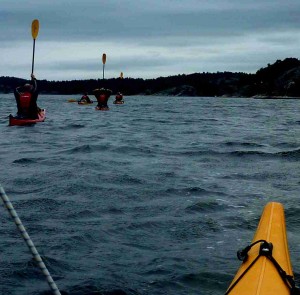
Lucky, as it took us some time to find our campsite for the night. We selected a site on the island of St Harholmen, avoiding nature reserves where camping is not allowed, but bumped into a party of two German couples with their double kayaks having a late lunch at the waterside. So we moved on and found a campsite on the larger island of Flatön, but no stopping there – wild camping was the order of the day, and there was a caravan park. Adjacent ground was too boggy, so we paddled a little further on and found the island of St Bjornholmen, which was ideal for setting up camp for the next two nights, with a grassy stretch along the landing beach, and another area nestled further inland. It was grassy, but not boggy, with good forested areas and plenty of big rocks. Perfect amenities! We pottered around, made rather indifferent noodles on our fake tranjia, and jealously eyed Jacqui preparing another of her gourmet vegetarian curries – bag to plate in a couple of minutes thanks to the speedy jetboil! We washed up hastily just before the rain came to send us scurrying to our tents for an early night.
wednesday
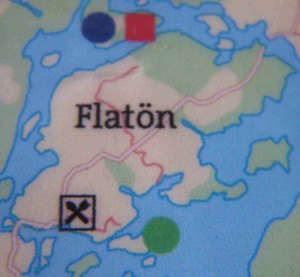
Wind: Easterly, 12 knots, Gusting 16
Outlook: Sunny, clouding over later
Temp 20 oC
Distance: 15km circumnavigation
Sea State: Predominantly 1, escalating to 2
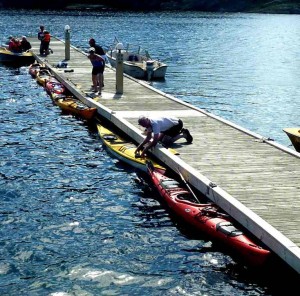
We woke up to warm sunshine, and were grateful for the chance to dry some soggy kit. Perching on a rock, warming my bare feet in the morning sun, I mixed the sparkling water into my pre-prepared powdered milk and muesli combo. Quite pleased with myself until I glanced round at everyone else’s efforts – some had more substantial breakfasts – honey and porridge, others more creative, like Anna’s dried fruit and mini weetabix concoction.
We’d woken up late, and the warm sun was a real morale booster. Theresa, Anna, Tim, John, Andy and I decided to make the most of it and head out for a leisurely paddle around the Island of Flatön. Andy lead the circumnavigation. We set out from the South side of St Bjornholmen, passing the Morlanda lighthouse, and paddled NE towards Flatön. As we made our way SW down the shipping channel between Bjornholmen and Flatön, we spotted Phil and Jacqui, strolling along the hill on the North of the island. Jacqui and Katie paddled off for a short trip as well, serenading some unsuspecting yachters, leaving Phil and Toons at camp.
At Flatön, we moored up at the marina for a water stop and a lovely lunch overlooking the water. After a dawdling, sun-soaked start to the day, we upped our pace a little in order to make it round the island before the predicted turn in the weather, which was at 1600. The paddle was delightful, with plenty of birdlife, and interesting sights. On our way out of the marina, we passed a kayak centre, and several jetties with steps to the water for swimming, and motorised dinghies moored up ready for island hopping. As we paddled toward the SW tip of the island, we spotted the chain ferry about to cross to Mälo.
At around ten to four, as we headed toward the Easterly tip of the island for the crossing back down to St Bjornholmen, a steely wedge of grey raincloud loomed overhead, and the rain started to gently patter down. The sea became slightly choppier as we navigated the home strait, and we returned at around 5pm. The rain didn’t last long, and as the sun set after dinner, (corned beef freshly hashed with onions, garlic and paprika on a bed of fluffy couscous – not bad even if I do say so myself), another roaring campfire drew the whole group together. A couple of slugs of whisky helped us find our voices, and a good old-fashioned sing-song was soon in full flow.
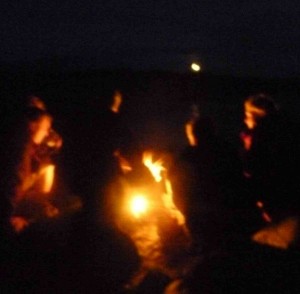
thursday
Wind: Nor’Easterly. 17kn, Gusting 22
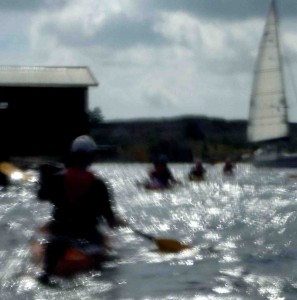
Outlook: Overcast
Temp: 15oC
Distance:
Stocken Group: 10 km
Bratö Group: 17 km
Sea State: 3
Leaving St Bjornholmen in our wake for Andy and Katie’s last stretch, we rounded the North tip and headed South down the East Coast of Malo into a Southerly force 3 wind. Although the waves were friendly, paddling into the wind against the incoming tide was a fair effort, and we were well aware of our target to drop Andy and Katie off at Hällevikestrand in time to meet Oskar and catch their train back to Göteborg. Not forgetting they had a sauna to squeeze in before their flight back to London, we gave ourselves a fairly ambitious time goal, and as we reached Gullholmen, we realised that not all the group were paddling fast enough to achieve it. Even though we split the group so that six of us could speed off ahead, conditions became tougher as the rain came and visibility worsened, and we covered less distance than expected.
Perhaps we lingered a little too long over the beautiful seascape, as we passed through wide shipping channels, steering clear of the starboard markers to avoid the yachts tacking down the channel, past power cruisers, a fishing boat with its wake of gulls, and the odd pirate ship. We headed between the islands of Hermänö and Lavön and then veered East between some smaller islands to avoid the shipping channel after an interesting interaction or two with pleasure boats seemingly enjoying a game of chicken with our kayaks. We reconvened and discovered that we had covered only a small distance in the last hour, and rearranged the pickup for the closer town of Stocken. Conditions eased as we came further inland, and detoured into the bay towards Stocken.
The plan was to drop Andy and Katie off, and head back out to join the others, who by now were well on their way South. Through the mists we sighted a serene-looking campsite, pretty caravans of different shapes and sizes dotted around the luscious green field along the seafront. All seduced simultaneously by the vision, snobbishness about wild camping evaporated, and we donned our warm dry clothes, peering back out to sea through the rainy mists. There was no way any of us fancied launching ourselves out there again, so after eventual radio contact with the rest of the group, Anna, Tim and Toons and I waved Andy and Katie off, put up our tents in the blustery drizzle, and headed to the shop for some treats, before cooking up meatballs and goulash in the campsite kitchen. Coiffed and buffed by the plush showers (all except for Tim, who shunned these, citing empathy for the showerless group), we headed back to the tents, and after writing the journal, and a mammoth de-ticking session, we hit the hay.
Meanwhile, the showerless wild camping purists had paddled a good distance and made it to the island of Bratö, where they had set up camp for the night.
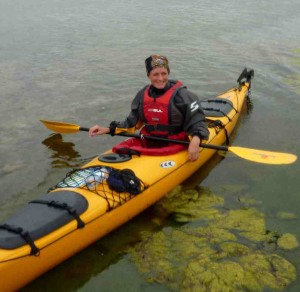
friday
Wind: Northerly 4-6kn
Outlook: Fair, changing to overcast after lunch
Temp: 16oC
Distance:
Stocken Group: 22 km
Brato Group: 15 km
Sea State: 3
At Stocken, the rain abated overnight, with wind to dry the tents ready for us to be decamped and on the water for 0800. Stiff at first, we made great time despite the wind. Radio live at 0915, but no need for verbal communication – dropping South towards Brato Anna spotted tents, soon Phil, Jacqui, John and Theresa were on the shore waving us in.
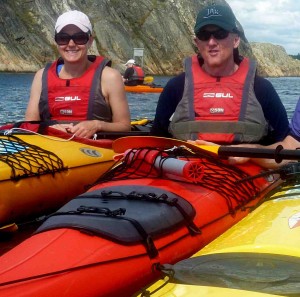
The sun came out as we landed, so after a bask in the sun, being plied with tea and chocolate peanuts, the cold tired grumps from a late night of tick picking were left behind. The others packed up camp, and we set off for a bracing paddle to Mollösund, led excellently by Jacqui, all delighted to be reunited. We arrived in good time for a potter round the harbour, then moored up for a delicious lunch of lattes, crayfish baguettes, and calzones.
The last stretch of the day was longer, with a couple of open crossings, led by Toons. The sea was choppy and the visibility not excellent, which made for a challenging afternoon of paddling through the stunning archipelago surroundings. We set ourselves short distances with clear targets such as lighthouses and rocky outcrops, ensuring that we remained in a tight group and navigated carefully past the much larger craft. We reached Hjärterö in excellent time, with some guidance from locals, yelling advice to us from the gardens of their beachside holiday homes (with helpful pronunciation tips in addition).
On arrival at the North aspect, we sent John and Toons off for a reccie of the West coast, as this was where the red splotch our laminated map denoted the campsite. Hjärterö, one of the most Westerly islands of that area of the archipelago, is pretty exposed.
The 1.5m high waves crashing on the shore soon convinced John and Toons that even if the campsite was there, they wouldn’t really fancy guiding themselves in to land there, let alone the entire group, after a long day’s paddling – some of us had been on the water for a good few hours, and most were fairly pooped. After a reccie of the island I clambered back down the rocks to find my boat resting on a pile of driftwood. I had seen little but rocks, bog, and sheep, but after a semi-circumnavigation, we found our campsite for the night, complete with toilet and multiple recycling options.
Althought the sun had stayed out since 10am and provided us with a lovely al fresco lunch, the weather was starting to close in, and as soon as we had parked up and pitched, the rain arrived with aplomb. No-one left their tents that evening, except the odd scuttle to secure guy ropes and check for leakages (of which there were none – hurrah). The rain intensified, but we all slept peacefully through our last night in the archipelago.
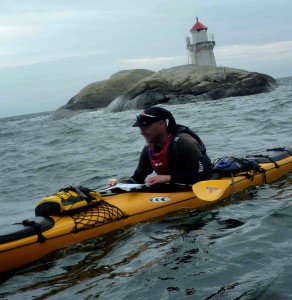
saturday
Wind: SW 8Kn, Gusting 16
Outlook: Overcast
Temp: 18oC
Distance: 7 km
Sea State: 2
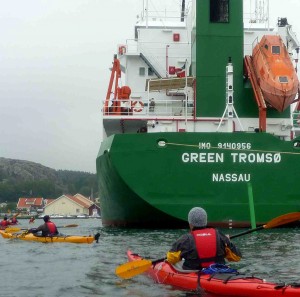
John lead us South from Hjärterö towards Rönnäng. Immediately our first challenge was upon us, – along the East coast of Hjärterö was a shipping lane, narrow but very busy, mainly with speedboats. We were to follow it for a good 2km before tackling the open crossing of Bäckerö fjord and ducking behind the harbour to Rönnäng. Quickly cutting past an outcrop to calmer waters, we took a detour, before broaching the crossing, again staying close and keeping a consistent pace. We reached Rönnäng pretty soon, and explored its impressive harbour before eventually following the laminated instructions guiding us to the get out in the innermost part of the harbour.
After a stroll to the marina for burgers and ice cream, we returned to the boats to find Ulrika ready to cart us and our kit back to Gustavsberg for a hose down. After we speed-packed our kit in a way that would please Ryanair, Ulrika gave us a lift back to Uddevalla for our bus. We reached Göteborg in good time, and grabbed a meal together before our flight home, squeezing in some sea kayaking kit chat, arguments about the relative merits of different paddle strokes, and reminiscences about a fantastic trip.
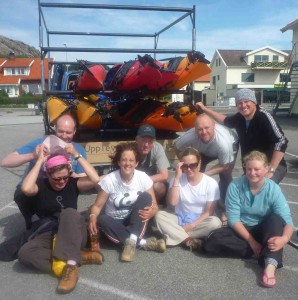
Bohuslän ponderings…
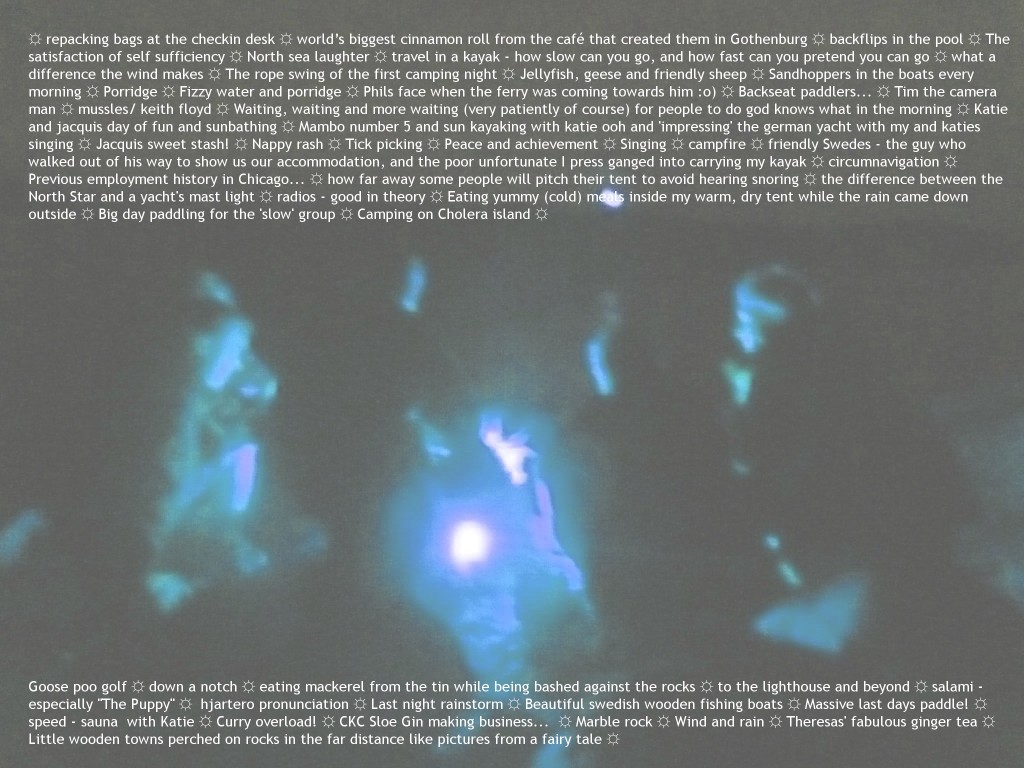
Little wooden towns perched on rocks in the far distance like pictures from a fairy tale…

